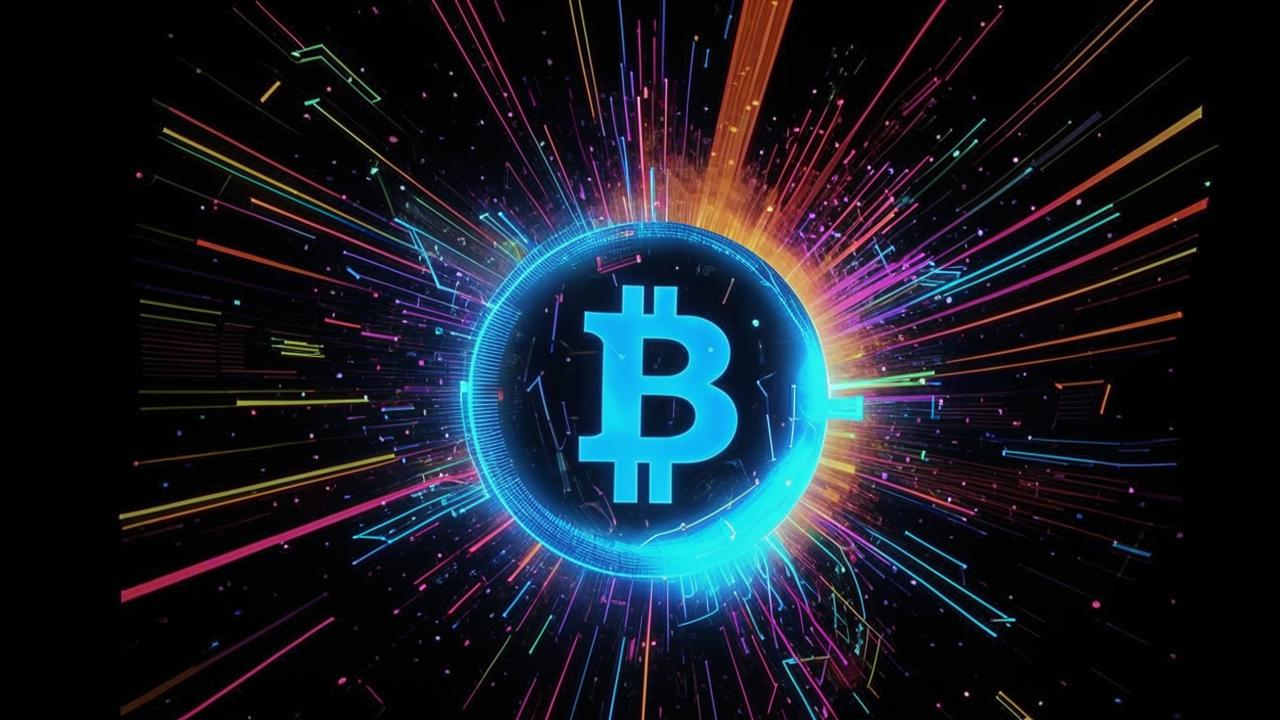Bangladesh Student Protests Resume Amidst Crackdown

The situation in Bangladesh remains tense as student protesters vow to resume their demonstrations unless several of their leaders are released from custody. The protests, which began earlier this month over a controversial quota system for government jobs, have led to a deadly police crackdown and nationwide unrest.
The Situation in Bangladesh
According to an AFP count of police and hospital data, at least 205 people have been killed in the violence that erupted last week. This makes it one of the biggest upheavals during Prime Minister Sheikh Hasina’s 15-year tenure.
The government has responded with a nationwide curfew and army patrols, which have been in place for over a week. Thousands of protesters have been arrested, including several student leaders.
The Student Group’s Demands
Students Against Discrimination, the group leading the protests, has called for the release of their leaders, including Nahid Islam, and the withdrawal of charges against them. The group also demands accountability for the deaths of protesters, calling for “visible actions” against government ministers and police officers.
The Government’s Response
The government has maintained that the arrests were made for the safety of those detained. However, the group’s leaders have alleged police brutality and expressed fear for their lives.
While the government has progressively eased the curfew, the country’s mobile internet network remains blocked, impacting a vast majority of its 141 million internet users.
The Ongoing Crisis
The protests highlight the deep discontent among Bangladeshi youth, who are facing a severe employment crisis. The government’s quota system, which reserves a significant portion of government jobs for certain groups, has been criticized for perpetuating patronage and hindering opportunities for qualified individuals.
The ongoing crisis in Bangladesh raises serious concerns about the government’s commitment to democratic principles and the safety of its citizens. The international community is closely watching the situation and calling for restraint and dialogue to address the underlying issues.






